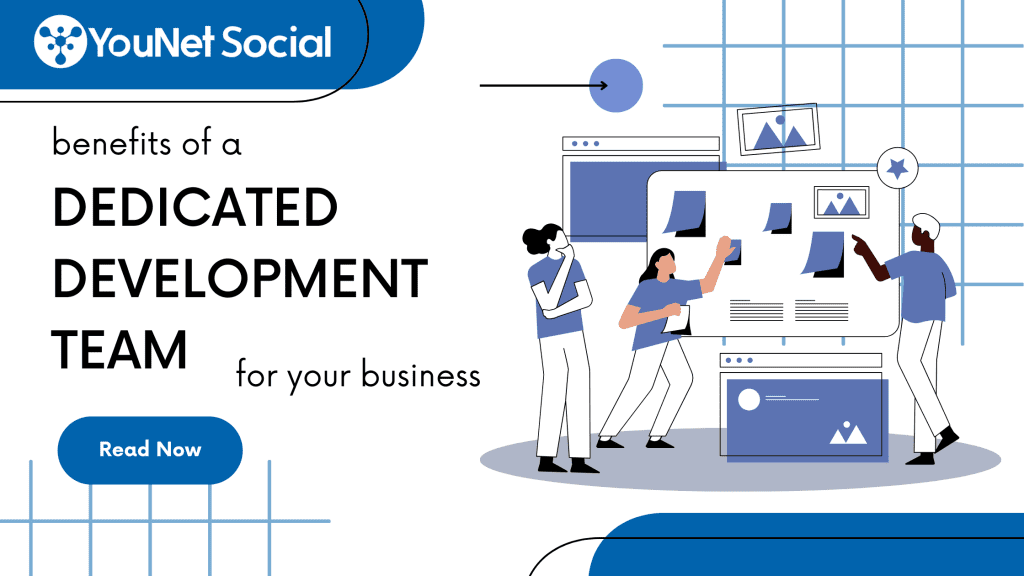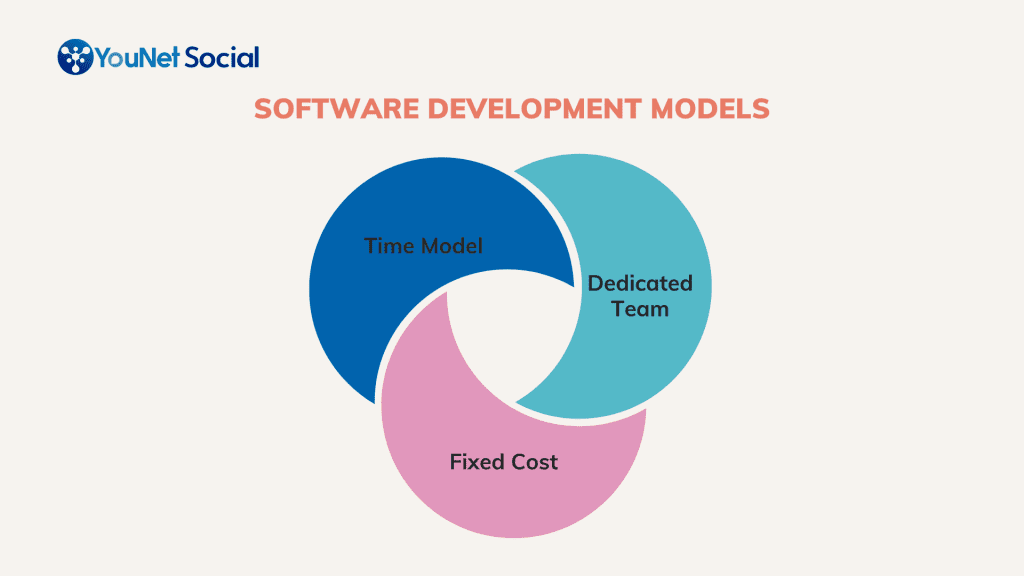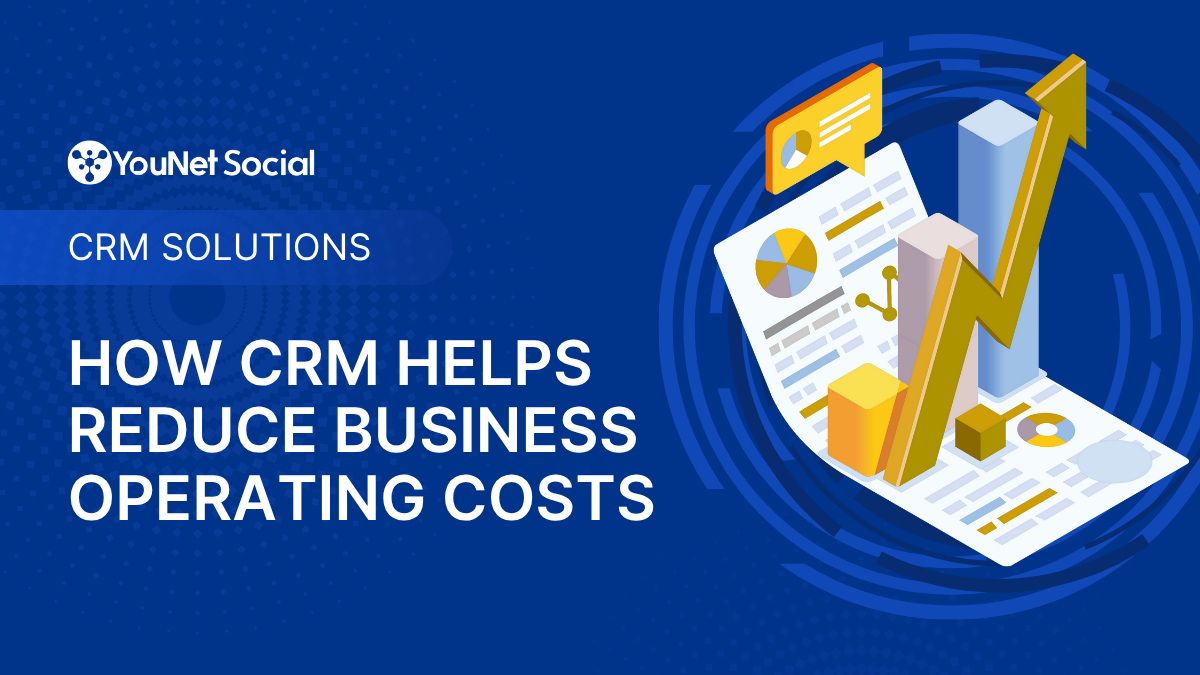

A comprehensive overview of the dedicated development team model
To explain why the dedicated development team model benefits your business, our expert team came up with a complex review of this business model.
Definition
The dedicated development team model is a partnership model that implies long-term cooperation between a client and an outsourcing dedicated software development team. The specialists included in the dedicated team are chosen based on the customer’s request for a specific experience or skill set.
The model works best for projects where the scope and requirements are not fixed but can change drastically over time.
When to consider hiring a dedicated development team
Let’s pinpoint the scenarios and projects where enlisting a dedicated development team proves most beneficial:
1. Limited internal resources: If your project experiences rapid growth and lacks the resources to scale according to your business development plans, opting for a dedicated development team is a viable solution. This choice becomes particularly appealing if you possess sufficient budgetary resources and have a product that garners high customer satisfaction.
2. Lack of specialized knowledge: When your project demands specific expertise or skills not readily available within your organization, collaborating with a software development company offering dedicated team services is prudent. Leveraging the expertise of qualified professionals enables cost savings and accelerates product development.
3. Early-stage startups: Fast-growing startups stand to benefit significantly from a dedicated development team. These specialists guide the project in the right direction, assuming responsibility for technical aspects while allowing you to concentrate on core business activities.
4. Long-term projects: For the successful launch of a complex software product, a highly skilled team dedicated to seeing the project through from inception to completion is indispensable. The dedicated development team model ensures sustained support throughout the project lifecycle.
5. Undefined requirements: In situations where the product market fit and target audience remain undefined, a dedicated development team proves invaluable. This model provides the necessary resources for comprehensive research and development efforts.
Difference between the dedicated development team and other engagement models


Below you can see how the dedicated development team model differs from other client collaboration formats.
1. Dedicated development team vs. fixed price
When you opt for the fixed price model, you agree to a set payment regardless of the project’s progress. This setup can lead to overpayment if the project scope isn’t accurately estimated. Fixed pricing works well for short-term projects with clear requirements and deadlines, such as MVP development.
On the other hand, a dedicated development team offers more flexibility. You can adjust project scope and requirements without incurring additional costs, making it ideal for long-term projects.
2. Dedicated software development team vs. time & material model
The time & material model involves paying for the actual time and effort spent by the development team. This approach is suitable for complex projects with evolving requirements or when market fit is yet to be determined.
However, unlike the dedicated team model, there’s no guarantee that the same developers will stay throughout the project. With a dedicated team, the developers are solely focused on your project, ensuring consistency and dedication to its success.
Dedicated development team structure
Now that you know what the dedicated development team is and how it stands out from other collaboration formats, let’s talk about the specialists included in such a team and their responsibilities.


The dedicated development team composition may vary depending on your specific project requirements. However, a traditional dedicated team consists of the following specialists:
1. Business analysts: These professionals collaborate with clients to define requirements for the digital product, ensuring alignment with company goals.
2. UX/UI designers: Responsible for crafting visual designs that reflect both business and technical requirements, enhancing the user experience.
3. Technical lead: Leads the team by creating user stories, identifying potential challenges, suggesting optimal solutions, selecting the appropriate technology stack, and overseeing development efforts across various fronts.
4. Back-end developers: Handle business analytics, architecture, databases, and third-party integrations, focusing on the server-side aspects of software solutions.
5. Front-end developers: Design and implement user interface elements such as buttons, search bars, and navigation to deliver a seamless browsing experience.
6. Mobile developers: Tasked with developing the mobile version of the software solution, ensuring compatibility and functionality across different devices.
7. Quality assurance engineers: Test the solution against initial requirements and architecture, conducting both manual and automated tests to verify functionality and compliance with technical standards.
8. DevOps engineers: Manage infrastructure setup and maintenance, facilitating continuous automated delivery and optimizing cloud utilization.
9. Project Manager: Oversees the entire development process, assigns tasks to team members, monitors project scope and budget, and serves as the primary point of contact between the development team and the client.
As a reliable digital transformation partner, YNS provides clients with the services of all those specialists. Our primary goal is to provide businesses with professional assistance at each step of the custom software development process – from idea validation and early planning to after-launch maintenance and support.
As a result of the partnership with our dedicated development team, clients get a full-cycle turnkey software solution that efficiently addresses their business challenges and solves technological issues.
4. Advantages of Opting for a Dedicated Development Team


1. Expertise
When you engage a dedicated software development team, you gain access to a pool of seasoned professionals with a wealth of experience in crafting software solutions. These experts have honed their skills by working on similar projects, enabling them to propose the most suitable technologies, approaches, and functionalities for your project. Moreover, they can infuse your product with innovative ideas to set it apart from competitors.
2. Cost-effectiveness
Choosing a dedicated development team proves to be a cost-effective solution compared to establishing and maintaining an in-house team. You’re spared the expenses associated with salaries, benefits, office space, and hardware/software procurement. Additionally, leveraging the relevant experience of a dedicated team allows for the adoption of cost-efficient approaches and solutions in building your digital product.
3. Greater Flexibility and Scalability
The inherent flexibility of a dedicated development team makes it an ideal choice for projects characterized by evolving scopes and requirements. You have the freedom to scale the team size up or down as needed, aligning it with your dynamic business needs. This scalability ensures that your project remains adaptable and responsive to changing market conditions and project demands.
4. Continuous Support and Maintenance
The journey doesn’t end at project completion. A dedicated development team provides ongoing support and maintenance. This ensures that your software remains updated, optimized, and ready to adapt to the evolving needs of your business and the market.
Conclusion
We hope our extensive guide on the dedicated development team model will be helpful for you. Now you know the advantages and the main reasons to consider hiring a remote team for your project.
If you are looking for a technology partner offering dedicated development team services, feel free to connect with us. We will provide you with an expert, dedicated software development team that will eagerly transform your ideas into a working software solution.




